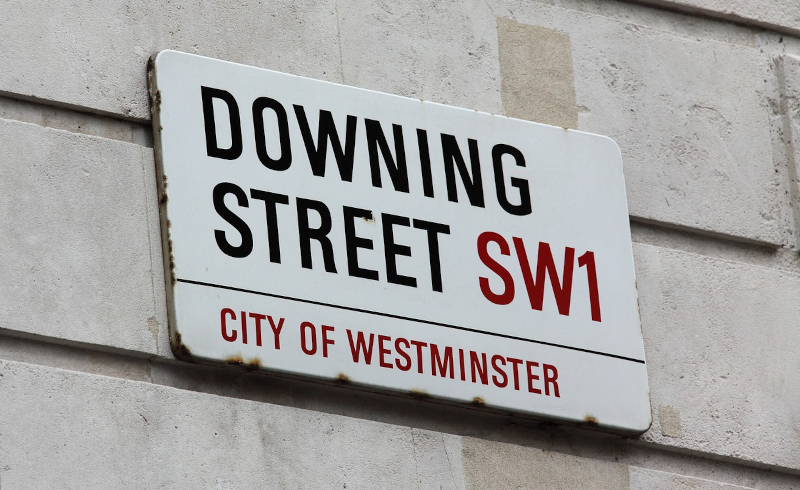
Understandably, the topic on many people’s minds is elections. Given the UK General Election on the 4th of July, we have been getting asked more frequently how any result is likely to impact investment markets, and therefore an investment portfolio.
We know uncertainty leads to volatility in investment markets. Investment markets are forward-looking hence known information is reflected in stock prices rapidly.
So what is priced in at present? Well, bookmakers have a Labour majority at 1/20 odds and a Conservative majority at 150/1 odds. With odds like this in betting, you can see where the consensus is heading. Investment markets have priced in a likely Labour majority already. As with any election, some volatility in the run up to polling day and the days after is expected, with more if unexpected results come to pass. However, as we have always advocated at Eldon, looking through short term volatility at the longer term returns is more important to your Financial Plan.
Looking back at historical elections, it is hard to pick out any particular trend in what the stock market has done, however the most relevant appears to be 1997, when a comfortable Labour win was widely expected at the time. However in all instances, an election that had a likely majority tended to result in more favorable market performance.
| Year | FTSE 100 in 6 week run up | Outcome |
|---|---|---|
| 1987 | +9.70% | Thatcher win widely expected. British shares performed very well. |
| 1992 | -4.90% | All polls predicated a hung parliament. Nerves in the market led to a selloff. Conservatives won by a small majority. |
| 1997 | +4.39% | Polls showed Labour to win comfortably. Shares perfomed well with markets confident. Labour won by a landslide. |
| 2001 | +1.36% | Polls indicated a Labour win throughout the 18 months beforehand. Markets up. Labour retain. Dubbed a “quiet landslide”. |
| 2005 | -0.41% | Polling was much tighter than previous election. Markets stayed relatively flat. Labour retained a small majority. |
| 2010 | -8.15% | By April the race was too close to call. Markets retreated due to uncertainty. Hung parliament. |
| 2015 | -0.12% | Polls indicated it would be the closest election in history. Markets stayed flat. Conservative won a surprise outright majority. |
What often occurs through periods of volatility, particularly after significant daily drops, is that we see significant daily increases too. Ahead of time, it would be great to be able to pick and choose the days spent in the market, avoiding the downs, yet being invested for the ups. In reality, we know this just isn’t possible.
As ever, we come back to the adage that it’s “the time spent IN the markets, rather than trying to time the markets” that will reward investors in the long term. It’s important to remain disciplined through periods of volatility, should they occur over the remainder of this year, particularly with a US Election due in November too.
As part of this, investors need to ensure they are taking an appropriate level of investment risk in a well-diversified portfolio, resulting in a level of volatility they can tolerate from an emotional perspective (as well as financial) in the pursuit of returns over time.
So, although a General Election may cause some volatility (but also may not), there’s no reason to panic or make knee-jerk changes in light of this. Sticking to the long-term view is far more likely to benefit your Financial Plan.